Biodiversity and land degradation – A mutual combat for sustainable development in dryland areas

Nature is declining globally at rates unprecedented in human history.” The Intergovernmental Science-Policy Platform on Biodiversity and Ecosystem Services (IPBES) published an alarming report in 2019 on the state of biodiversity worldwide, while calling on everyone to react right away. According to IPBES, about 1 million living species are threatened and global species extinction is […]
Biodiversity and land degradation in dryland areas – Role of pastoralism
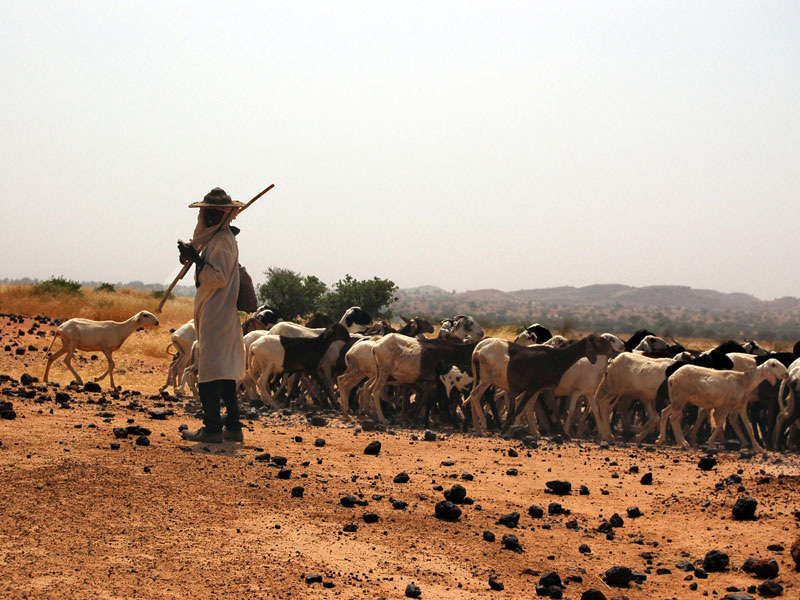
Pastoral livestock herding has long been blamed for contributing to environmental degradation1 and especially to biodiversity loss. Is this criticism warranted given that pastoralism is still—and has long been—a key economic activity in Sahelian-Saharan Africa? Preconceived ideas or reality? These questions are addressed hereafter…(1) Steinfeld H. et al. 2006. Livestock’s long shadow: environmental issues and […]
Biodiversity and land degradation in dryland regions – Importance of agrobiodiversity in oases

Traditional oasis farming systems consist of a palm grove with fruit trees (apricot, pomegranate, etc.), vegetable and/ or fodder crops growing in the understorey thereby forming a rich yet endangered oasis of agrobiodiversity. This agroforestry-based three-storied cropping system accounts for the so-called ‘oasis effect’, i.e. creation of a microclimate conducive to agriculture. Date palms filter […]
Publication of a new dossier dedicated to desertification monitoring by remote sensing
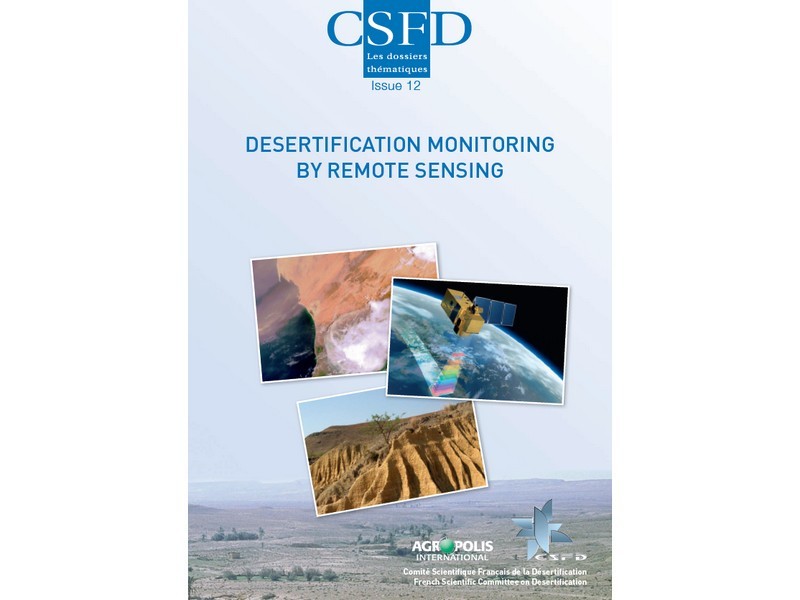
This Dossier begins with a presentation of a few physics concepts that are essential for understanding remote sensing, and a description of the main parameters that can be monitored by satellite. Several recent examples regarding the various possible uses of satellite images for the purpose of combating desertification are then proposed. The Dossier concludes by […]
Gender issues in arid zones
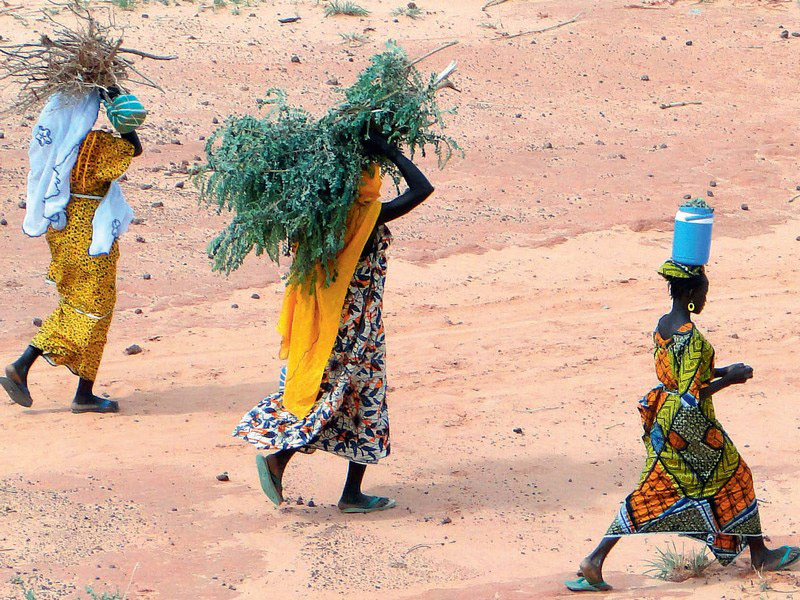
Women: actors in the combat against desertification Differentiated gender roles and activities The economic and social organization of rural societies has a high level of gender differentiation in terms of rights, activities and responsibilities. This interacts with other aspects of social stratification based on factors such as ethnicity, statutory groups, religion and level of wealth. […]
The African Great Green Wall project (May 2019)
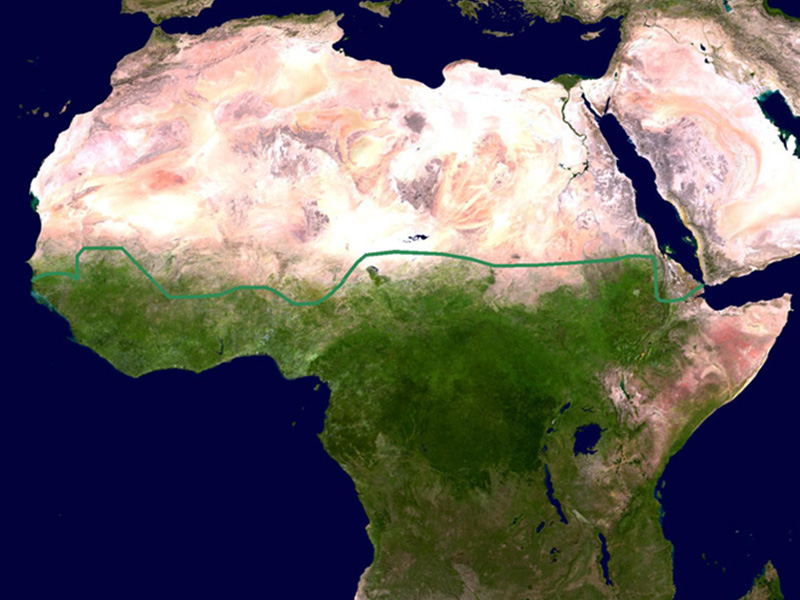
What advice can scientists provide? The pan-African Great Green Wall (GGW) is an initiative that was meant in 2007, the year of its launch, to involve the planting of a 15 km wide transcontinental forest belt running from Dakar to Djibouti. This major project was designed to combat desertification. The band of vegetation is to […]
Carbon in dryland soils
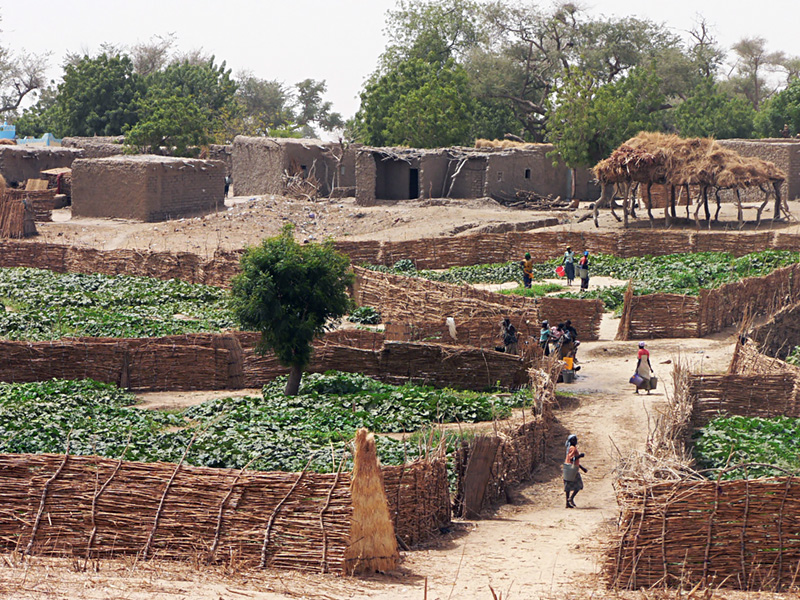
Multiple essential functions Soil carbon: multiple functions benefiting societies and the environment Soil organic matter (SOM)—and thus organic carbon which accounts for over 50% of its mass—has a key role in the overall behaviour of soils and the agroecosystems they support: soil physical qualities, stimulation of soil biological activity, water and nutrient storage and availability […]
Ecological engineering
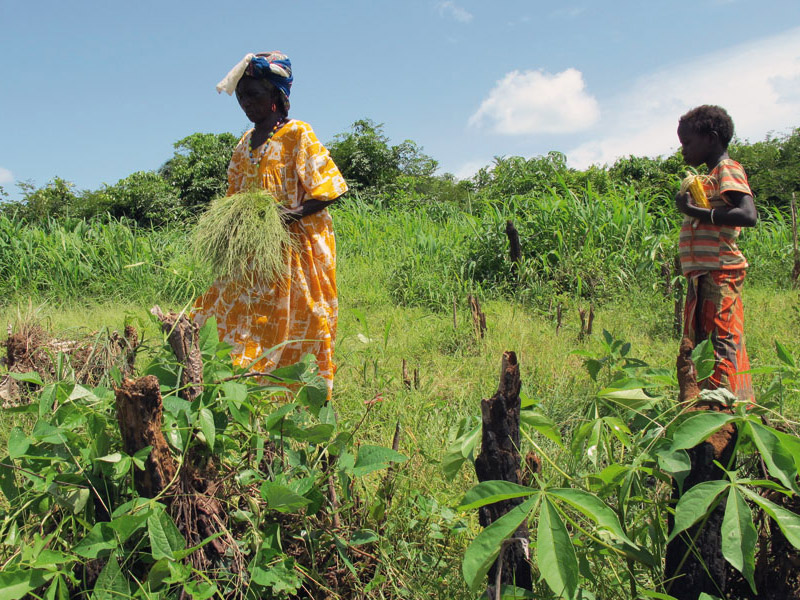
For sustainable agriculture in arid and semiarid West African regions Rethinking management of agricultural and natural systems through ecological engineering Arid and semiarid West African regions are characterized by heavy environmental constraints that have shaped natural ecosystems and human activities: low, infrequent, irregular, unpredictable rainfall concentrated within a period of a few monthssoils mainly with […]
Local impact indicators
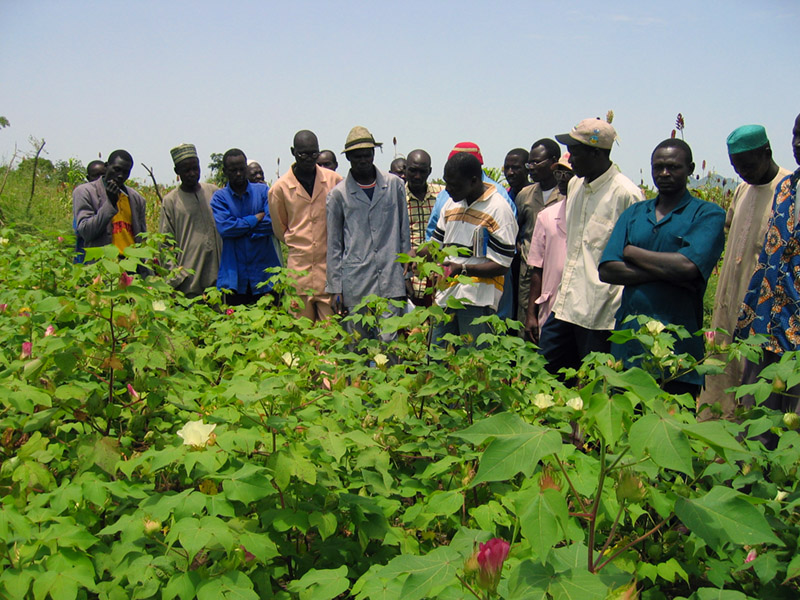
For projects to combat land degradation and desertification The French Scientific Committee on Desertification (CSFD), in association with civil society, has developed a set of indicators allowing decision makers and development actors to evaluate the local impacts of operations to combat land degradation and desertification. This study is in a dual context of the United […]
Pastoralism in dryland areas
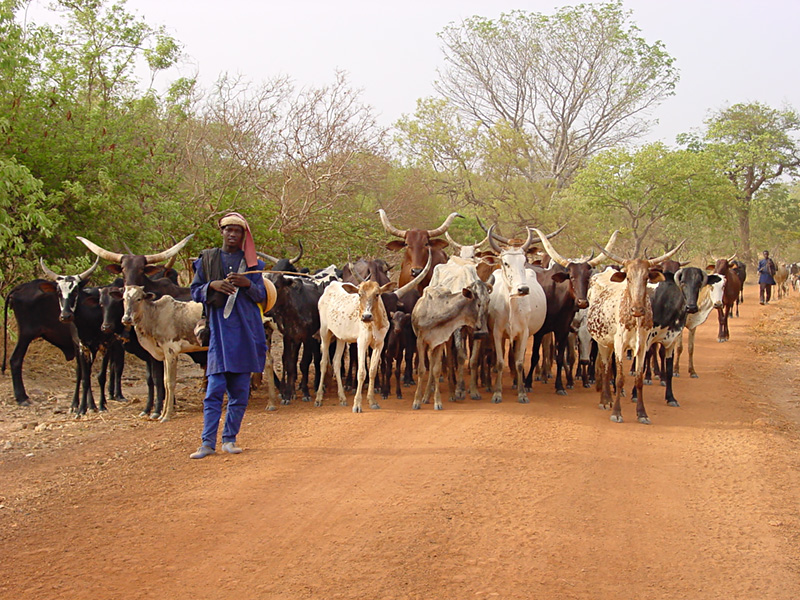
A case study in sub-Saharan Africa Pastoralism—a rural activity that prevails in dryland regions As far back as Neolithic times, people in Africa and elsewhere in the world have specialized in pastoral livestock herding. The climate has meanwhile changed, and these herding peoples have been wandering in quest of suitable environments for their herds, while […]

